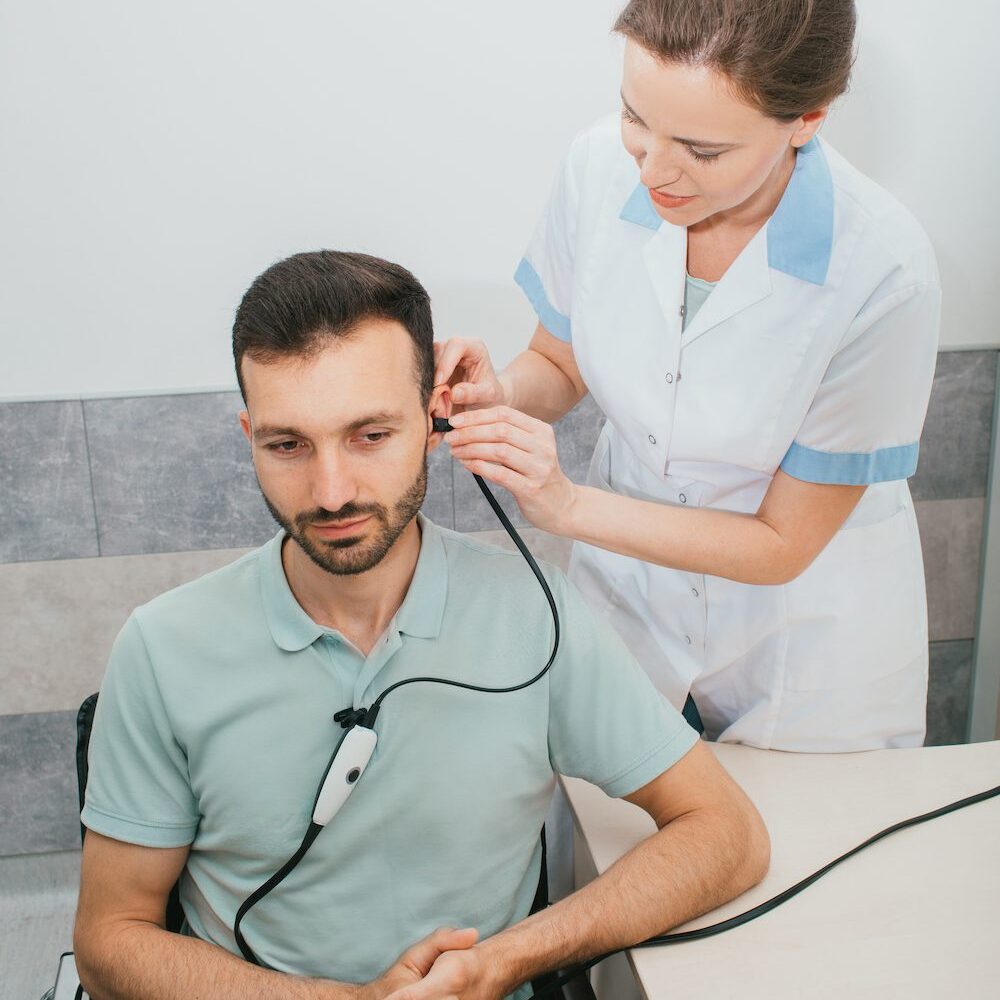The Impact of Noise Pollution on Hearing Health
Noise is a constant companion in our busy world. But have you ever paused


Noise is a constant companion in our busy world. But have you ever paused

Technology is progressing at an impressive pace, and the field of hearing

Hearing aids are vital tools for people with hearing loss, acting as their